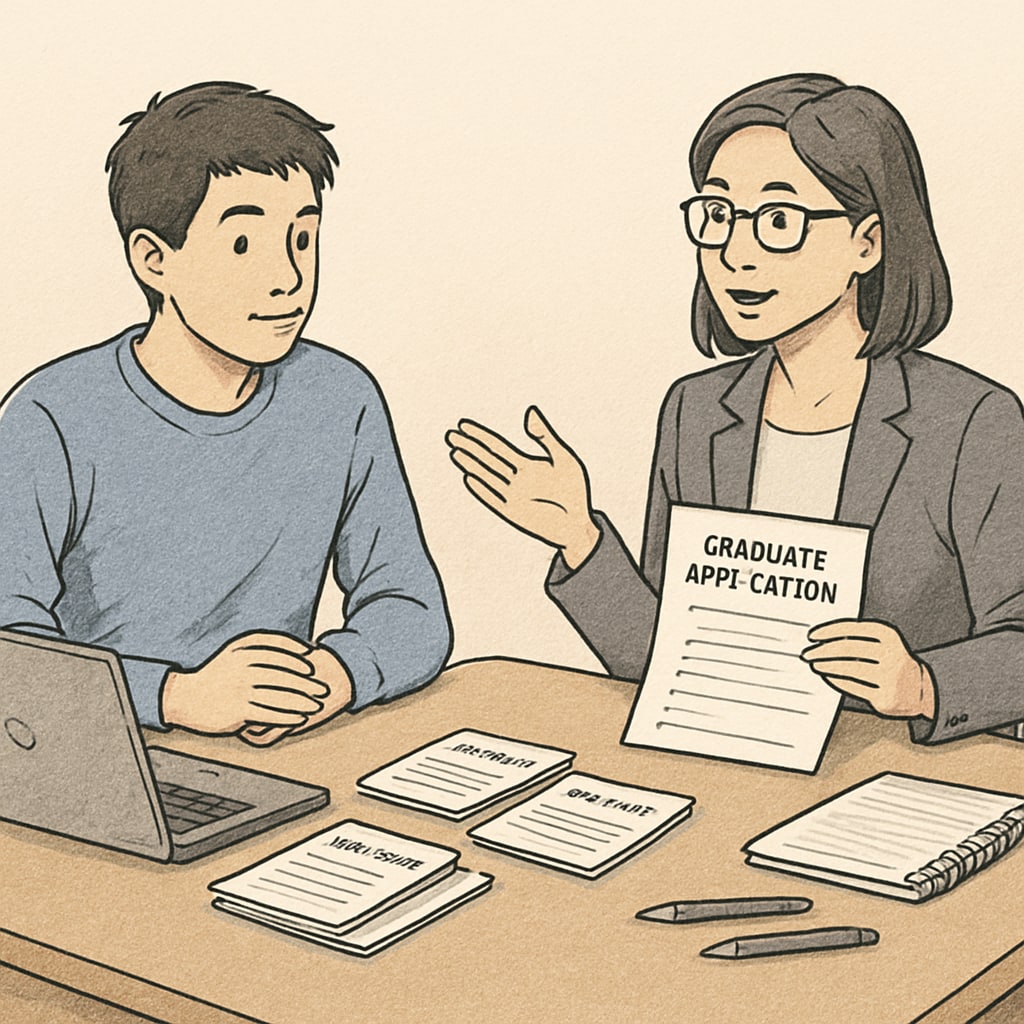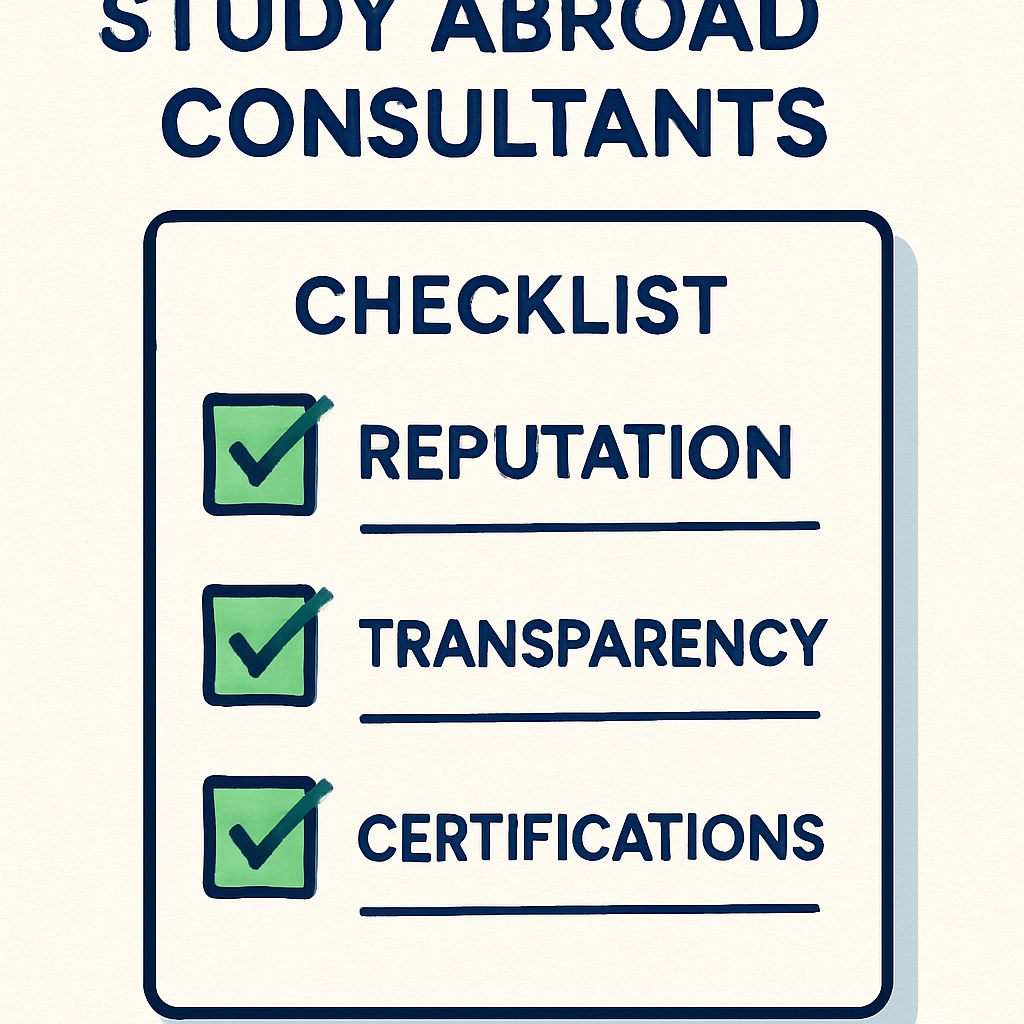Pursuing a master’s degree in the United States is a significant milestone for many students. For K12 students and their families, early planning is essential, whether through study abroad consultants or self-application. This article delves into the advantages and challenges of both approaches, offering practical advice to make informed decisions.
Self-Application vs. Study Abroad Consultants: What’s the Best Fit?
When planning for a US master’s degree, families often face the pivotal decision of whether to navigate the process independently or enlist the help of a study abroad consultant. Both options come with their own set of pros and cons.
- Self-Application: This approach offers complete control over the application process. Students can directly research universities, tailor their applications, and learn valuable organizational skills. However, it demands significant time, effort, and expertise in understanding admission requirements.
- Study Abroad Consultants: These professionals provide guidance on selecting programs, preparing documents, and meeting deadlines. Their expertise can be invaluable, especially for students unfamiliar with US education systems. However, choosing the wrong consultant can lead to misinformation or unnecessary expenses.
Ultimately, the choice depends on the student’s confidence, availability of resources, and the complexity of their academic and extracurricular profile.

Key Factors in Choosing a Study Abroad Consultant
If you decide to work with a consultant, it’s crucial to evaluate their reliability and expertise. Here are some essential factors to consider:
- Reputation: Research reviews and testimonials from previous clients. Reputable agencies often have a proven track record of successful placements.
- Services Offered: Ensure the consultant provides end-to-end support, including program selection, essay editing, and visa guidance.
- Transparency: Look for clear communication regarding costs, services, and timelines. Hidden fees can be a red flag.
- Certifications: Verify if the consultant is certified by recognized organizations like ICEF or NAFSA.
- Customization: A good consultant tailors their approach to your unique goals and background rather than offering generic solutions.
For an in-depth understanding of accredited consultants, visit resources like NACES or EducationUSA.

Preparing for a US Master’s Degree from the K12 Stage
Starting early can significantly enhance your chances of securing admission to a top US graduate program. Here’s how K12 students can effectively prepare:
- Focus on Academics: Build a strong academic foundation by excelling in advanced coursework, particularly in fields aligned with your future master’s program.
- Participate in Extracurriculars: Engage in activities that showcase leadership, creativity, and community involvement.
- Skill Development: Develop essential skills such as writing, critical thinking, and research, which are crucial for graduate studies.
- Explore Interests: Use internships, summer programs, or online courses to explore areas of interest and strengthen your profile.
Early preparation not only simplifies the application process but also aligns your long-term goals with academic and career aspirations.
Final Thoughts: Balancing Professional Help and Independence
Choosing between a study abroad consultant and self-application is a personal decision. While consultants offer specialized expertise, self-application builds independence and resilience. Whichever path you choose, early planning, thorough research, and a proactive approach will be your greatest assets in achieving your dream of a US master’s degree.
If you’re still unsure, consider starting with a hybrid approach—seek initial advice from a consultant, then manage the application process independently. This strategy can offer the best of both worlds.
Readability guidance: This article uses concise paragraphs, active voice, and transition words to ensure clarity. Key information is summarized in lists to enhance accessibility.


